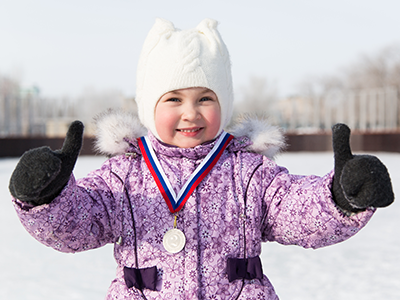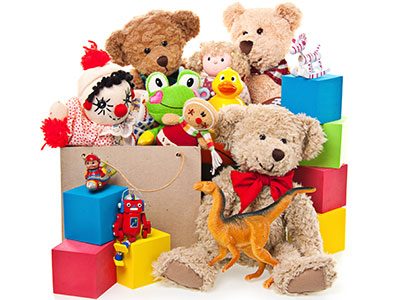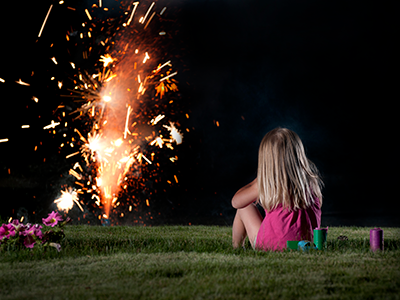With flu, COVID-19 and RSV making their rounds across the country, it is more important than ever that parents feel empowered to establish and uphold boundaries to keep their children safe this holiday season. Here’s how to ensure well-meaning family and friends respect your children’s personal space to prevent the spread of illness.
When should I bring up my boundaries with friends and family members?
It is important to be upfront about your boundaries before you and your family get to an event. The boundaries you have will depend on your parenting style, your child’s age and your family’s level of comfort.
What contact is safe/minimizes the spread of disease?
The level of precaution needed largely depends on your child’s age, overall health and ability to access the necessary vaccinations. As we know, children under 6 months cannot get the vaccines for COVID and flu. This is why it is so important that sick people — even if it’s just a tickle in the throat — keep their distance from younger, vulnerable children. Additionally, if a child is immunocompromised and/or cannot be vaccinated, unvaccinated family members should keep their distance to avoid spreading virus unknowingly.
How can I empower my younger children to reinforce these boundaries even if I am not present?
If your child can understand, explain that to avoid being sick they should keep a healthy distance from others and take precautions like frequent hand washing. If one of your boundaries is that they do not accept hugs or kisses from anyone, it is important to encourage children to speak up if they do not feel comfortable, reestablish their boundaries and come to you if someone is not respecting these boundaries.
How do I push back if people disregard my children’s boundaries?
As a parent/caregiver, you have the final say – you set the boundaries and carry the responsibility of ensuring your child’s health and safety. If someone is pushing your boundaries, that is not an environment you or your child needs to be in, and it is okay to leave or ask them to leave. Ensure loved ones know the seriousness of breaking your boundaries, and stress that your child’s health is paramount. Ultimately, now is not the time to mince words when it comes to your child’s health, and no one wants the guilt of getting a child sick and possibly getting them hospitalized.
How can I politely ask friends and family not to touch or kiss my newborn baby?
We asked our readers how they set boundaries for visitors and politely ask friends and family not to touch or kiss their newborn baby. Here’s what they said.
Things to say to discourage unwanted contact with your baby
- Be firm and be direct:
- “Don’t get too close please!”
- “We’re only letting us {the baby’s parents} touch the baby right now.”
- Make it about the baby:
- “Excuse me, can you make some space for the baby, please?”
- “The baby is a light sleeper, please don’t touch her or she might wake up.”
- “My baby cries if it’s someone he doesn’t know. If you don’t mind, I’d prefer you not to touch him.”
- Say it’s because of health concerns:
- “There’s been a lot of sickness going around; can we please keep a distance?”
- “Would you mind not touching her? Our baby’s immune system isn’t strong yet, so I don’t want anyone making contact.”
- Blame it on the pediatrician:
- “Just FYI, the baby’s doctor says he isn’t allowed to be touched by new people yet, so please just say hi for now.”
Things to do to discourage unwanted contact with your baby
- Set boundaries and rules beforehand
- Encourage drive-by visits or video meetings
- Wear the baby in a sling or baby carrier
- Place the baby in a stroller or baby seat and cover them with breathable fabric
- Offer guests to wear a mask if they want to hold the baby
 https://riseandshine.childrensnational.org/wp-content/uploads/2026/02/olympics-feature.png
300
400
webteam
https://riseandshine.childrensnational.org/wp-content/uploads/2017/11/childrens_riseandshine_logo.jpg
webteam2026-02-05 16:41:512026-02-06 08:51:52What the Winter Olympics can teach our children
https://riseandshine.childrensnational.org/wp-content/uploads/2026/02/olympics-feature.png
300
400
webteam
https://riseandshine.childrensnational.org/wp-content/uploads/2017/11/childrens_riseandshine_logo.jpg
webteam2026-02-05 16:41:512026-02-06 08:51:52What the Winter Olympics can teach our children





















Leave a Comment
Want to join the discussion?Feel free to contribute!